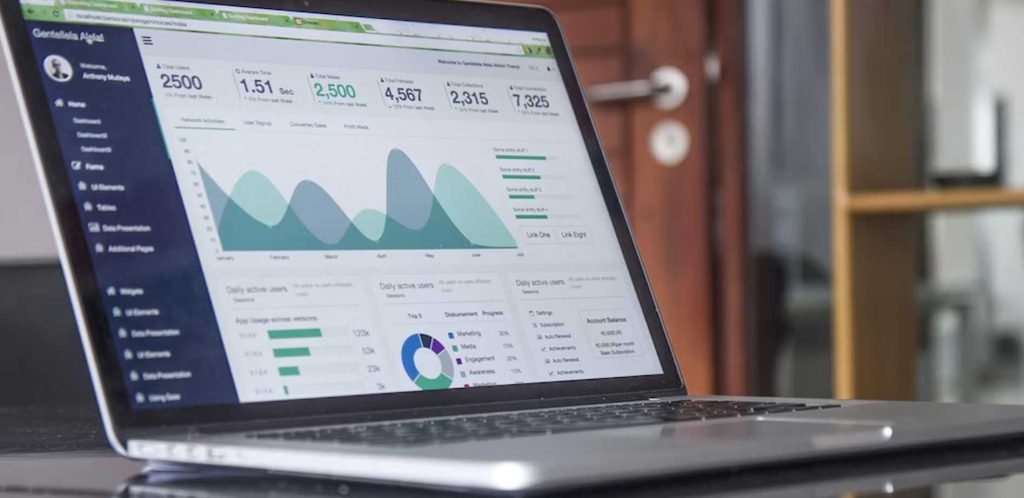How do I Know What my Business is Worth?

What is a Private Equity Company?
October 21, 2022
Mergers and Acquisitions- A Comprehensive Guide
October 21, 2022When purchasing or selling a business, the most critical question is how much it is worth. No formula can accurately assess each private company. The seller will try to raise the price, while potential buyers want to lower it. So how do I know what my business is worth?
Although there are very simple ways to assess certain aspects of a business, such as stock and fixed assets (property, machinery, equipment, and so on), the value of a business will almost certainly include a significant intangible component.
Intangible elements include “goodwill,” which may include trademarks and the company’s reputation. Now you cannot assess the value of such things without complicated research and experience. Moreover, if the buyer is too eager to buy then this can help increase the value.
How Do I Know What My Business Is Worth?

It is not that difficult to decide your company’s worth without getting into difficult financial calculations and theories.
Think AIM for business valuations. They are simply assets, income, and the market. The market is important. But, we also need to understand the other two functions and their relationship with each other.
Asset method
If you want to know what my business is worth then the asset method is one of the most reliable methods. The signification contract between company assets and liabilities is simply computed using this method. Let us understand this with an example.
A company has $500,000 in assets
The liabilities of that company are $70,000
Then the formula to calculate the worth is simple
ASSETS – LIABILITIES = WORTH
So in our case, it will be $500,000 – $70,000 = 4,30,000
But you should know that this is not the exact valuation of a company. There are many other complex factors associated. Especially when it is a profitable business.
Market method
This method is the simplest to use. This will help you know how much your company is worth in five minutes. In the market, there are many other similar companies as that to yours. You can do some research in recent history to find out if any similar company is sold. This will give you a fair idea of what your company is actually worth.
Another important aspect is about your company making profits or losses. This comprises all other items including one-time expenditures.
That’s all there is to it. A simpler technique to assess the value of your company is to calculate the SDE. Now you need to multip it with the typical market multiple for your industry. It is critical to estimate the exact market multiple to calculate the precise value.
Income method
This strategy is popular among financial wizards and lecturers who enjoy teaching theory. Most small business owners find it difficult to comprehend, let alone calculate. In summary, you must calculate the future economic advantage of the business and not just the present. If you have a report by a third party that can forecast your positive finances in the future you will add far more value to your company as compared to general assessment.
A financial forecast can determine your near-future growth rate, and many other factors like cost, working capital, etc. It entails discount rates, discounted cash flow computations, and earnings capitalization.
Keys To Determine What My Business Is Worth
A valuation is a good opportunity to examine your company’s financial health and potential or a company you want to buy. Along with completing financial legwork, valuing your business necessitates exercising emotional control. Take care to approach value as objectively as possible, especially if this is your first company or if you manage a family-owned and operated business, to arrive at an appropriate estimate.
Organize your finances
Because determining the valuation of a small firm is a complex operation, you may wish to engage a professional business broker or accountant specializing in valuation rather than going it alone. You may, however, fully value your company using your resources. But first, you must organize your financial information.
Before considering how to value a small business for sale, sellers and purchasers must organize their financial records – this is critical for accurate estimates. In addition to conducting your valuation, you’ll need your cash to transfer firm ownership.
Research your industry
Both buyers and sellers must be familiar with their sector. Buyers must become well-versed (if not an expert) in a business’s industry before they can successfully bid on it. On the sell side, a thorough study of your industry’s trends can assist you in arriving at an informed value that reflects your company’s assets and the current market.
Benefits Of Knowing Your Business Worth

Knowing its value is critical if a business owner is considering selling it. Attempting to successfully negotiate a sale without a prior understanding of what your company is worth puts you in danger of losing money.
Many small business owners fail to assess the value of their company, but this is a simple mistake to correct. If you’ve put countless hours into your firm, go to a business appraiser or advisor; they may assist you in assessing how much your company is worth.
Many business owners anticipate that the proceeds from the sale of their company will be sufficient to pay for their retirement. However, most business owners do not have a formal valuation performed on their firm until they are ready to sell it. Many people are surprised to discover that they haven’t built enough value in their firm to meet their retirement ambitions.
Conclusion
When you are ready to sell your business, you can use the funds to plan your retirement or invest in your new venture. Before you sell, you need to define the market value of your business so that you can get a fair price. Once you know what your business is worth then you can get the right value too. Knowing what my business is worth is very important.
As the saying goes, a business is only worth what someone is prepared to pay for it. Many small business owners become emotionally tied to their firms and often place a larger value on them than industry norms suggest.
If you are serious about selling your firm, you need to be realistic about its value before selling it. Most importantly, ask your accountant to assist you in arriving at a reasonable assessment – or to address any issues you may have while negotiating with a potential buyer for your firm. You can use the above methods to determine the fair value of your business so that you can attract buyers and have an effective sale making a win-win situation for both parties.




